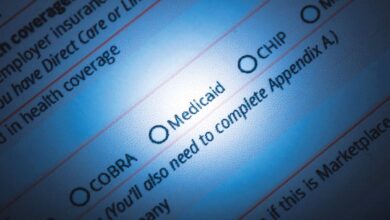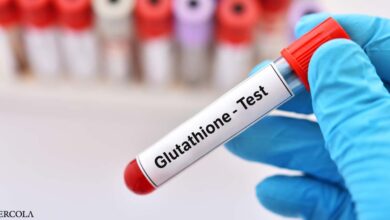Pfizer tornado damage highlights supply chain vulnerability

A tornado hitting a Pfizer facility could disrupt the fragile supply system of sterile injectables, which could force hospitals and other drug manufacturers to adopt coping strategies to ensure accessibility.
The company said in a press release Friday that the tornado that hit Pfizer’s Rocky Mount, North Carolina plant Wednesday destroyed warehouses and slightly damaged drug production areas.
Pfizer is still working to assess the full extent of damage to the complex, which produces nearly 8% of the sterile injectables used in US hospitals. In the meantime, the company is moving intact drugs to nearby storage locations, identifying sources to replace supplies, and “exploring alternative manufacturing sites.”
Soumi Saha, senior vice president of government affairs at Premier, a group purchasing and consulting organization, said that in the event the manufacturing plant becomes unusable, it would be a “worst-case scenario” forcing other pharmaceutical companies to ramp up production of sterile injectables including anesthetics, analgesics, therapeutics, anti-infectives and neuroleptics.
“Historically, we have seen that even two weeks of downtime for a production line involving a critical drug can lead to monthly shortages,” says Saha.
Saha said, even if other manufacturers have the ability to produce certain drugs, they may still have to get permission from the Food and Drug Administration or the Drug Enforcement Administration. And it is not always economically viable for companies to enter the market with drugs that generate low margins, such as sterile injections.
Hospitals are used to a shortage of supplies of sterile injectables, which is increasingly common and serious, said Tom Kraus, vice president of government relations at the American Association of Health System Pharmacists. In the meantime, hospitals will consider alternatives.
In the wake of the disaster at the Pfizer plant, the American Association of Health System Pharmacists identified a shortage of several sterile injectable products. Among them was sterile water, which drugmaker American Regent discontinued in 2021, and other companies have struggled to keep up with increased demand since. According to the ASHP, other products, including some sodium chloride sachets and injections, have been in short supply since 2017.
Natural disasters, drug recalls, and quality issues pose threats to the sterile injectable drug pipeline. For example, when Hurricane Maria wiped out the manufacturing facilities of drugmaker Baxter in Puerto Rico in 2017, it had a knock-on effect that limited supplies worldwide.
“The market for sterile injectables, especially generics, has been a fragile market for many years,” says Saha.
Kraus said policymakers can think of ways to mitigate future shortages. That could include diversifying production away from just a few facilities, he said, and funding health systems to maintain a buffer supply.
Saha said federal agencies should also work together more effectively to respond to shortages. “We still don’t know when something like this happens: Who is leading the response?” she speaks. “That creates a lot of confusion about who you should talk to and where you should go to get your information.”
Alex Kacik contributed to this story.




